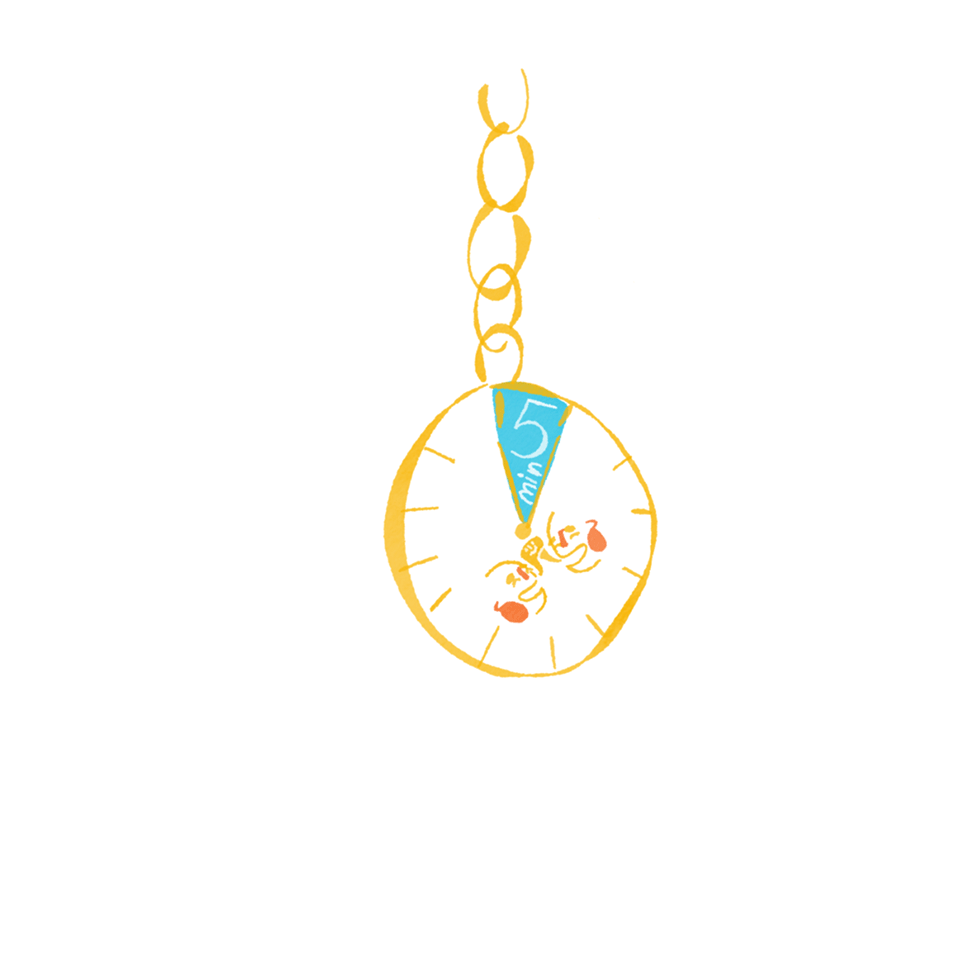TAKING CARE OF YOUR RELATIONSHIPS DURING STRESSFUL TIMES
2022-02-15 10:06

TAKING CARE OF YOUR RELATIONSHIPS-UNICEF

Image Credit Aizat Noma
Spending more time with the people you live with in these stressful times can mean more relationship challenges.
TIP 1: 5-MINUTE CHATS
Keeping communication open - even just a five-minute chat with the people you live with can help your relationship. Mealtimes are a great time to connect! It helps to start a conversation with a kind tone and a smile.
TIP 2: KNOW YOUR OWN FEELINGS
Be aware of what makes you angry, or frustrated, or sad, or withdrawn. There is nothing wrong with any of these feelings. What counts is how you handle it. Try to think about what triggers these feelings. For example: "my mother always criticizes me," "my roommates are making a mess," "my things aren’t working," "my parents are always fighting."
TIP 3: RESPOND, NOT REACT
In a conflict, it can be easy to react impulsively. Here are some constructive ways to respond instead: Walk away or disconnect, waiting to talk until you feel calm. Take a few slow breaths and focus on the things around you in that moment. The weather. The sounds. Your breath. Try your best to explain how you are feeling. Ask for help if you have tried and cannot calm down or if the other person is not calming down.
Image

Image Credit
TIP 4: CONNECT WITH PEOPLE WHO SUPPORT YOU
Think about 5 people in your life. How do they make you feel about yourself? How do you feel about them? Choose who you give your time to.
Think about some supportive actions that you can take such as helping with chores around the house or taking time to pause and listen when a friend is in need. How can you still “connect” when social activity is limited or impossible? Are there ways to connect with them even if you can’t see them in the way you would like?
TIP 5: GRATITUDE HELPS YOUR RELATIONSHIPS GROW
Say “thank you” in some way to 2 people that bring light and strength into your life. It could be in person or through a call, SMS, letter, or some other way. If you cannot reach them, you can connect with them in your thoughts by thinking about good memories you have shared together and giving thanks for what they have added to your life.
Image

Image Credit
TACKLING YOUR PROBLEMS
Image

Image Credit
Life can be full of ups and downs. We all face challenges that we need to overcome, some big and some small. This is why it is important for us to become problem solvers.
TIP 1: CALM YOUR MIND
You may be feeling helpless, angry, worried, and sad, which is completely normal. Actively calming your mind when experiencing these emotions can help. You can place one hand on your chest and the other on your forehead. Take a few deep and slow breaths in and out. Focus on the breath.
If all these emotions and feelings still come to your mind, picture them like a cloud passing in front of you, eventually floating beyond the horizon, out of view. Feeling more calm can help you tackle your problems more effectively.
TIP 2: AVOID BLAME
When something bad happens, our first thought might be to focus on blame: I ruined everything. She made me do it. He started it. I can’t help it. You never listen to me. They don’t understand me. But focusing on whose fault it is will not help you overcome the problem, and can often feel worse. Instead, try to focus on what you can control and act on to make it better. Think about what needs to change, what you can do, or what help you need. You are much stronger and more resilient than you think.
TIP 3: THINK THE PROBLEM THROUGH
Asking questions can help you understand the problem better. Why is this a problem? Why did this happen? Why is this so important to you? Who does this affect? What do you think might happen? What is making you feel upset?
Image

Image Credit
TIP 4: MAKE A LIST OF SOLUTIONS AND TRY THEM OUT
Think about the problem you are facing. Next, try to brainstorm as many ways of overcoming the problem as you can, using a pen and paper if writing things down helps you. They can be any range of ideas, from far-fetched to practical. Then think about the positive and negative consequences for each solution and which ones would be easier to try. Try the best solution. Think about what went well and what did not go well. Sometimes you will need to try more than one solution. Part of problem solving is learning how to adapt your solution and try again.
TIP 5: KNOW WHEN TO GET HELP
If you feel stuck or overwhelmed, know that it is a sign of strength to ask for help from someone you trust or a professional helper. Some warning signs that show you may need to get help include:
• You can’t sleep at night or you fall asleep but have a hard time staying asleep.
• You are feeling a decrease in your level of energy and/or motivation.
• Your eating patterns have changed: either you have lost your appetite or you can’t stop yourself from eating too much.
• You feel nervous, stressed, or worried all the time.
• You are using alcohol or drugs to cope.
• You often suddenly feel panicked. It may feel like you can't breathe, or that your heart is pounding. No matter how much you try to calm down you are not able to relax.
• You feel that life is no longer worth living and you have thoughts about hurting yourself or ending your life, or you feel like you would like to just go to sleep and not wake up.
• You are experiencing violence or abuse.
If you start to feel this way it is important to get extra support from people working in local health, social or community services, even if it is difficult to talk about or share.
If you do not want to share everything about how you are feeling or what you are experiencing that is okay- as long as this person knows that you are trying to access support for your wellbeing - and can help you to access this support. This might mean that you start with sharing a little bit of information, enough for that person to understand what your needs are.
It is especially important if you are thinking that life is not worth living or if you have experienced physical harm to get support as soon as possible to keep yourself safe.
Image










